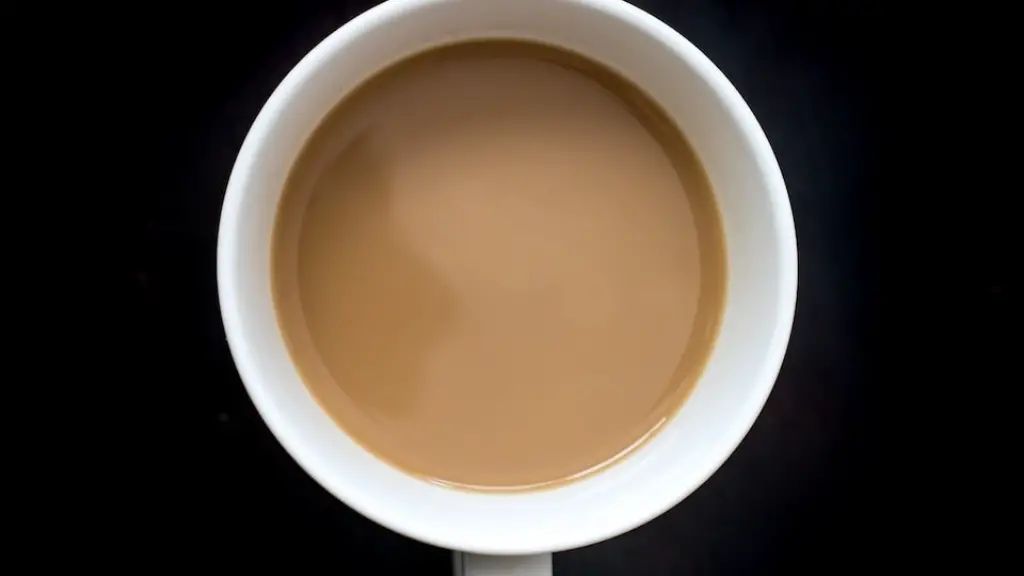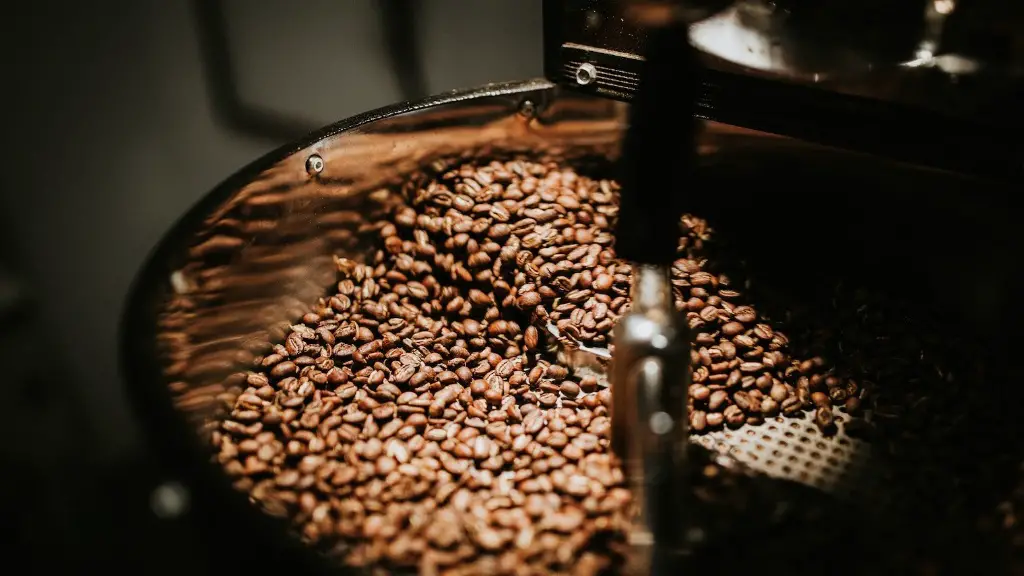Coffee and Fasting
Fasting is a spiritual practice that has been around for centuries. It involves abstaining from food, drink and some forms of activity for a period of time in order to become closer to God. Many people also use fasting as a way to find clarity and direction in their lives. Coffee has become a popular drink of choice due to its numerous health benefits and its delicious flavor. It has also become a part of many people’s everyday lives.
With the rise of the popularity of coffee, many people now wonder if it is permissible to have a cup of coffee while fasting. There is no one definitive answer to this question as it largely depends on the traditions and beliefs of the individual or community in question.
Some religious organizations, such as Muslims, believe that any form of drink is prohibited during their fast, including coffee. This means that for those who are following their religion’s rules, coffee must be avoided during fasting. Meanwhile, other religious denominations, such as Catholics, generally do not consider coffee to be prohibited during fasting. This means that those who are following their tradition can enjoy a cup of coffee during their fast.
In addition, there are also some who believe that drinking coffee can be beneficial for those who are fasting. Coffee contains many antioxidants which can help to support the body’s natural healing processes and can also provide a source of energy to keep the body going. Coffee is also believed to reduce hunger and cravings, which can be very beneficial during long periods of fasting.
Ultimately, the decision to drink coffee while fasting is a personal one. Every individual must weigh the spiritual benefits of abstaining from coffee against the physical and mental benefits they may receive from having a cup. However, it is important to remember that it is not possible to go against any religious beliefs, so those who are following their faith must adhere to their tradition’s rules.
Coffee and Caffeine Consumption
Coffee contains caffeine, a stimulant that can cause a variety of effects, both positive and negative, on the body. Caffeine has been shown to increase alertness and focus, as well as improve mood and reaction time. However, it can also lead to jitteriness, headaches, nausea and insomnia if taken in excess. It is important to be aware of these potential side effects when deciding whether or not to drink coffee while fasting.
The amount of caffeine in a cup of coffee can vary greatly, depending on the type and strength of the coffee. Espresso, for instance, typically contains much more caffeine than regular drip coffee. Many people find that drinking coffee with a lower caffeine content can be more enjoyable, especially when fasting and praying. This is because the effects of the caffeine can be more subtle and less distracting.
In addition, some people find that limiting their caffeine consumption can help to improve their prayer and meditation experience. Many believe that reducing their intake of stimulants can help to quiet the mind, enhance focus and calm the body. For these people, it can be beneficial to choose a coffee with a lower caffeine content or to switch to decaffeinated coffee.
However, it should be noted that caffeine consumption is not prohibited by any religions. In fact, some religions, such as Islam, actually encourage a moderate consumption of caffeine. As long as the individual feels comfortable with their consumption and is not experiencing any negative side effects, then caffeine consumption should not be a problem.
Health Benefits
In addition to its potential mental and spiritual benefits, coffee can also provide some health benefits when consumed in moderation. Coffee has been known to provide a boost of energy and improve concentration which can be beneficial during fasting. Coffee can also reduce inflammation and improve digestion, which can be beneficial for those who are fasting for extended periods of time.
Studies have also found that drinking coffee can reduce the risk of certain diseases such as Type 2 diabetes, Alzheimer’s disease and Parkinson’s disease. Coffee drinking has also been associated with a reduced risk of cancer, stroke and heart disease. Thus, for those who do not have any religious prohibitions against drinking coffee, the health benefits may outweigh any potential downsides.
Even for those who do abstain from coffee when fasting, there are still other beverages available that can provide similar benefits. Green tea, for example, is a great alternative to coffee. It is known to provide an energy boost and can also provide some of the same health benefits as coffee without the caffeine.
Conclusion
In conclusion, whether or not coffee is permissible during fasting and prayer depends largely on the individual’s religion and beliefs. Some people believe that it is forbidden, while others believe that its moderate consumption is not a problem. For those who are comfortable drinking coffee, it can provide some mental and physical benefits while fasting. However, it is important to remember that every individual must decide what is best for them. As long as one is adhering to their beliefs, then coffee can be an enjoyable and beneficial part of their fasting experience.
Physical Advantages
Fasting can provide many physical advantages. When a person abstains from food and drink for an extended period of time, their body goes into a state of cleansing known as autophagy, during which the body detoxifies itself. This process can help the body recover from disease and illness, as well as improve metabolism. Fasting has also been known to improve cognitive function, reduce inflammation and reduce stress.
In addition, fasting can also lead to a decrease in body fat and weight loss. This is because fasting reduces insulin levels, which allows the body to access its stored fat reserves. Fasting can also help to reduce bloating and improve digestion, as well as regulate hormones.
It is important to note, however, that while fasting can have many physical benefits, it can also be difficult and taxing on the body. If done incorrectly or without the proper precautions, fasting can lead to health problems such as dehydration, vitamin deficiencies and electrolyte imbalances. Thus, it is important to consult a doctor before engaging in a prolonged fast.
Nutritional Considerations
Before beginning a fast, it is important to consider one’s nutritional needs. Fasting can be a great way to reset eating habits and give the digestive system a break, but it is not a substitute for a healthy diet. Those who are fasting should make sure that they are still receiving the essential nutrients their bodies need. This can be done by consuming nutrient-dense foods, such as whole grains, fruit, vegetables, lean proteins and healthy fats.
It is also important to ensure that one is getting enough electrolytes, such as potassium, calcium and magnesium. Electrolyte levels can drop during fasting, so it is important to replenish them by consuming foods or drinks that are high in these nutrients. Coconut water is a great source of electrolytes and can be added to smoothies or sipped on throughout the day.
In addition, it is important to stay hydrated by drinking plenty of water. This is especially true for those who are taking part in lengthy fasts. Proper hydration can help to prevent headaches and fatigue, as well as improve mental clarity.
Maintaining Positivity
Fasting can be a difficult undertaking, both physically and mentally. It is important to keep in mind that it is only temporary and to focus on the potential benefits rather than getting discouraged by the challenges. It is also important to be kind to oneself and not to push too hard or become overwhelmed by expectations.
In addition, it can be helpful to have a support system of friends, family, or even a community of people who are fasting together. Supporting one another through the process can be beneficial for both physical and mental wellbeing.
Finally, it is important to remember that fasting should be enjoyable. Find ways to take care of yourself during the process, such as taking walks, meditating or getting some extra sleep. Taking some time for yourself can help to make fasting a positive experience.





